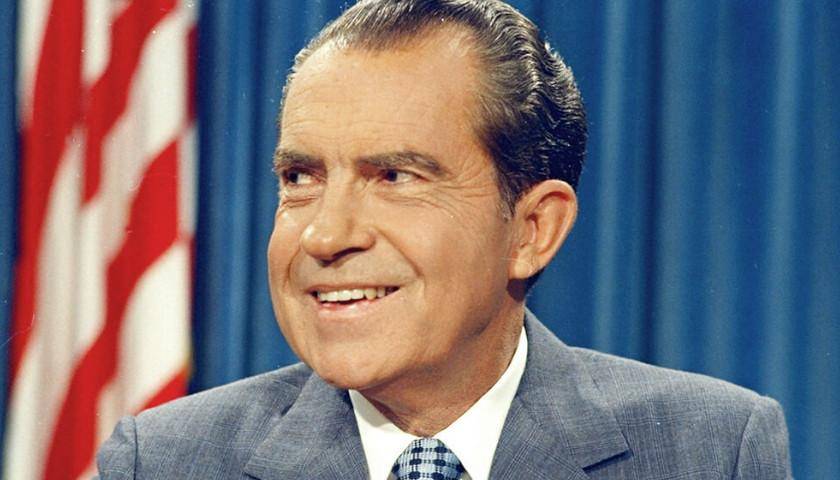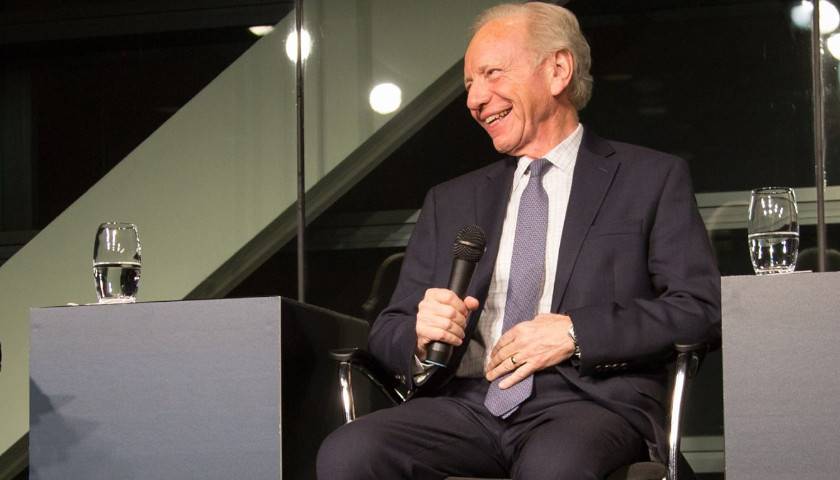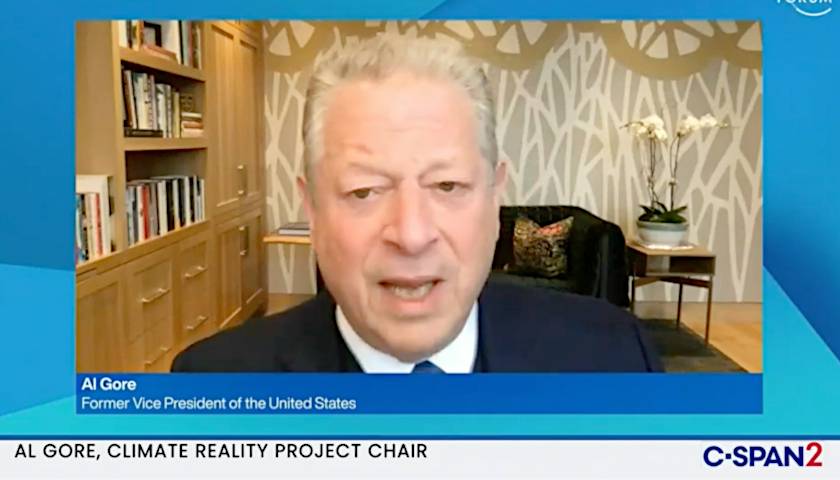Richard Nixon, the 37th president of the United States, died 30 years ago this week—on April 22, 1994. And while it may be hard to remember a Republican the left despised more than Donald J. Trump—Nixon probably takes the cake.
It was not so much how the former California Congressman and two-term Vice President governed or his introverted personality but rather his adversarial relationship with a hostile media, his sheer determination, intelligence, lawyerly command of the facts, exceptional understanding of both foreign and domestic policy, and his effectiveness as commander in chief that caused the left to view Nixon as persona non grata.
Read More





